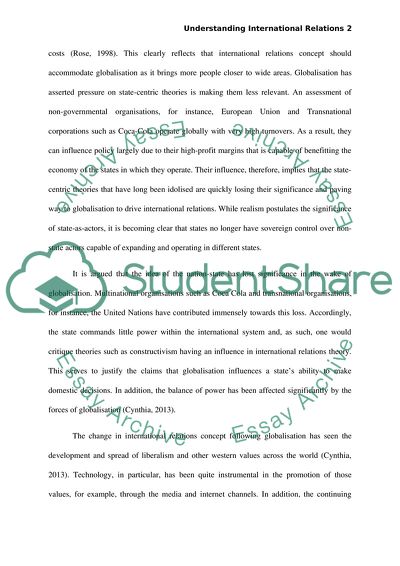Cite this document
(“Understanding International Relations (IR) Essay”, n.d.)
Understanding International Relations (IR) Essay. Retrieved from https://studentshare.org/social-science/1679094-understanding-international-relations-ir
Understanding International Relations (IR) Essay. Retrieved from https://studentshare.org/social-science/1679094-understanding-international-relations-ir
(Understanding International Relations (IR) Essay)
Understanding International Relations (IR) Essay. https://studentshare.org/social-science/1679094-understanding-international-relations-ir.
Understanding International Relations (IR) Essay. https://studentshare.org/social-science/1679094-understanding-international-relations-ir.
“Understanding International Relations (IR) Essay”, n.d. https://studentshare.org/social-science/1679094-understanding-international-relations-ir.


